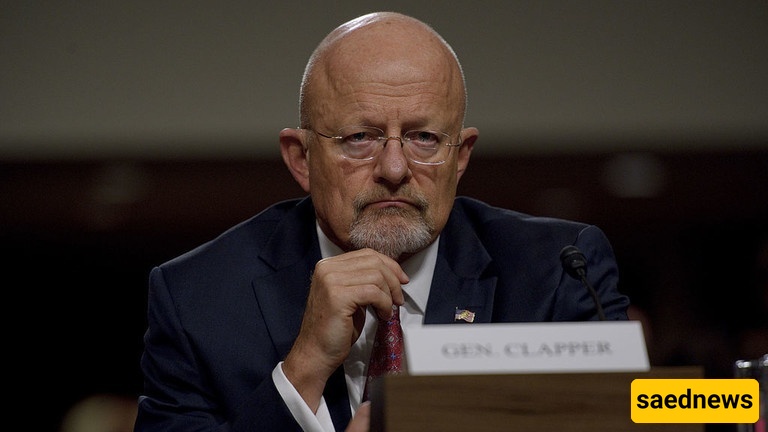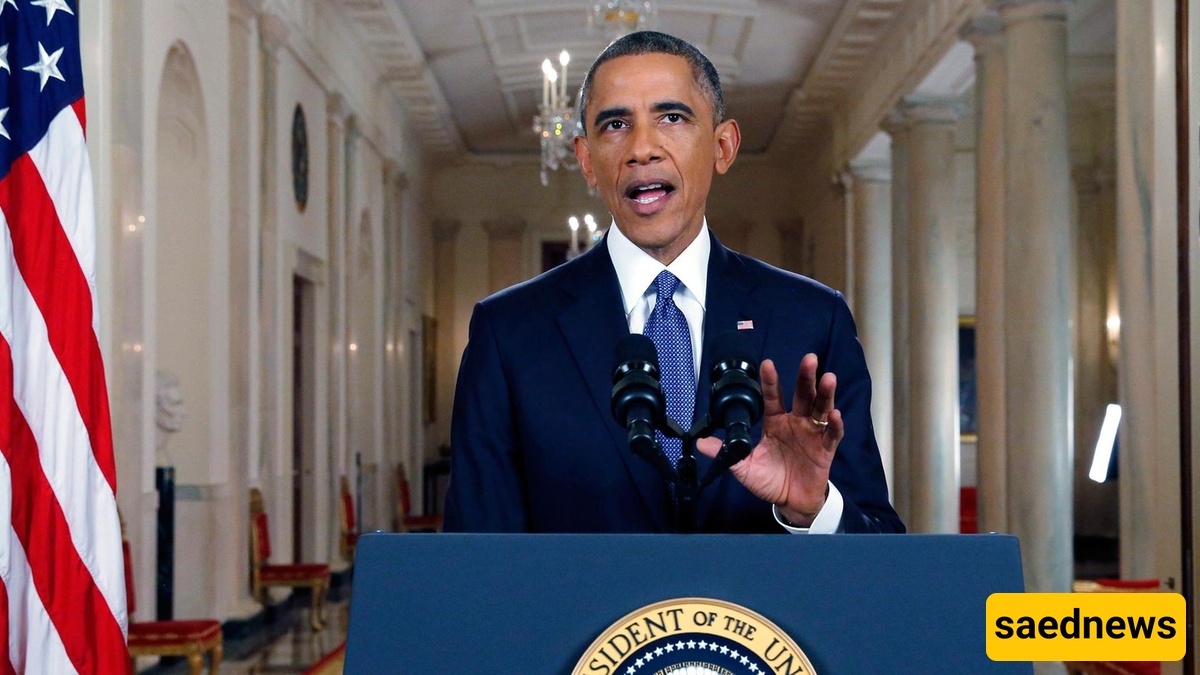SAEDNEWS: With the release of new documents declassified by Tulsi Gabbard, then Director of National Intelligence, the controversial role of James Clapper, former Director of National Intelligence, in reinforcing the official narrative of Russian interference in the 2016 election has been revealed.

According to Saed News Website, citing Russia Today, in recent days, the release of declassified emails by Tulsi Gabbard, then Director of U.S. National Intelligence, has attracted significant attention. These documents show that James Clapper, former Director of National Intelligence under the Obama administration, deliberately reinforced the narrative of Russian interference in the 2016 election while ignoring the concerns of intelligence officials. These actions, particularly after the election, are seen as part of broader efforts to discredit Donald Trump’s presidency.

Based on the released emails, Clapper, ignoring warnings from Mike Rogers, then head of the National Security Agency (NSA), about limited time and restricted access to information, moved quickly to prepare the Intelligence Community Assessment (ICA) on Russian interference. Rogers and other intelligence officials raised concerns about the accuracy and reliability of this report, but Clapper emphasized the need for alignment among intelligence agencies and urged them to adhere to the official narrative. In an email to senior intelligence officials, he described the process as a “team sport” and stressed the necessity of “sticking to our story.”
Clapper’s actions, which intensified especially after the election, are viewed as part of broader efforts to undermine Trump’s presidency. Some analysts have described these actions as a “treasonous conspiracy” designed to weaken Trump’s legitimacy. Others, however, argue that these actions were taken in the interest of national security and to counter foreign threats.
In response to these documents, Gabbard described these actions as part of the broader effort to discredit Trump’s presidency and called them a “treasonous conspiracy.” She also announced that she had referred the documents to the Department of Justice for further review. These actions, particularly after the election, are seen as part of broader efforts to discredit Trump’s presidency.
However, some analysts and media outlets believe that these documents cannot definitively prove a conspiracy to undermine Trump. Further reviews and independent investigations may clarify whether these actions served national interests or pursued specific political objectives.
Ultimately, these documents and the reactions to them reflect the complexities of political and intelligence relations in the United States. The issue is ongoing and may lead to further developments in the future.

